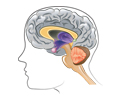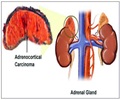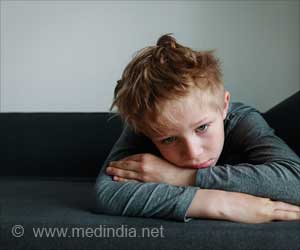Boys whose levels of aggression increased most by the age of ten were those whose levels of cortisol had also increased over the two years.

TOP INSIGHT
The hormone cortisol levels were increased among boys those who reported aggression at the age of ten years.
The research team studied the relationship between hormones and aggressive behavior in girls and boys between the ages of eight and ten.
They measured the levels of three steroid hormones -- testosterone, estradiol and cortisol -- and analyzed the effects of hormones on behaviour in the age group.
Researchers analyzed 90 children -- 49 boys and 41 girls -- from four primary schools.
The results demonstrated that there was indeed a change in the levels of aggressive behavior.
The researchers found that the boys whose levels of aggression had increased most by the age of ten were those whose levels of cortisol had also increased over the two years.
"A greater increase in cortisol is linked to a greater increase in levels of aggressive behaviour, while a greater increase in estradiol corresponds to a decrease in levels of aggressive behaviour", adds Pascual-Sagastizabal.
Source-IANS
 MEDINDIA
MEDINDIA



 Email
Email









